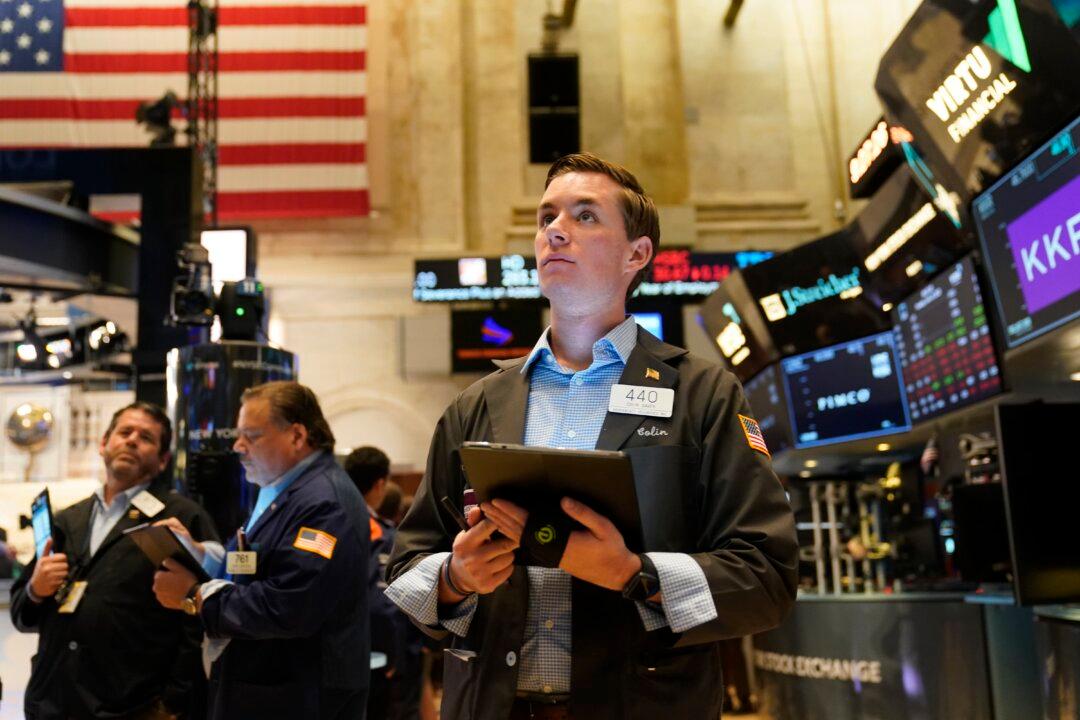The chance of a “soft landing” for the U.S. economy has come down since the Federal Reserve raised interest rates by 75 basis points this month. Recession fears are mounting, and Google Trends data show more Americans are searching for the term “recession” than at any other time since 2004.
Because of the failure of both fiscal and monetary policies, a growing number of economists believe that the Fed alone will be unable to address the underlying causes of inflation. However, the belated campaign to curb soaring prices will almost certainly trigger a recession, they say.





